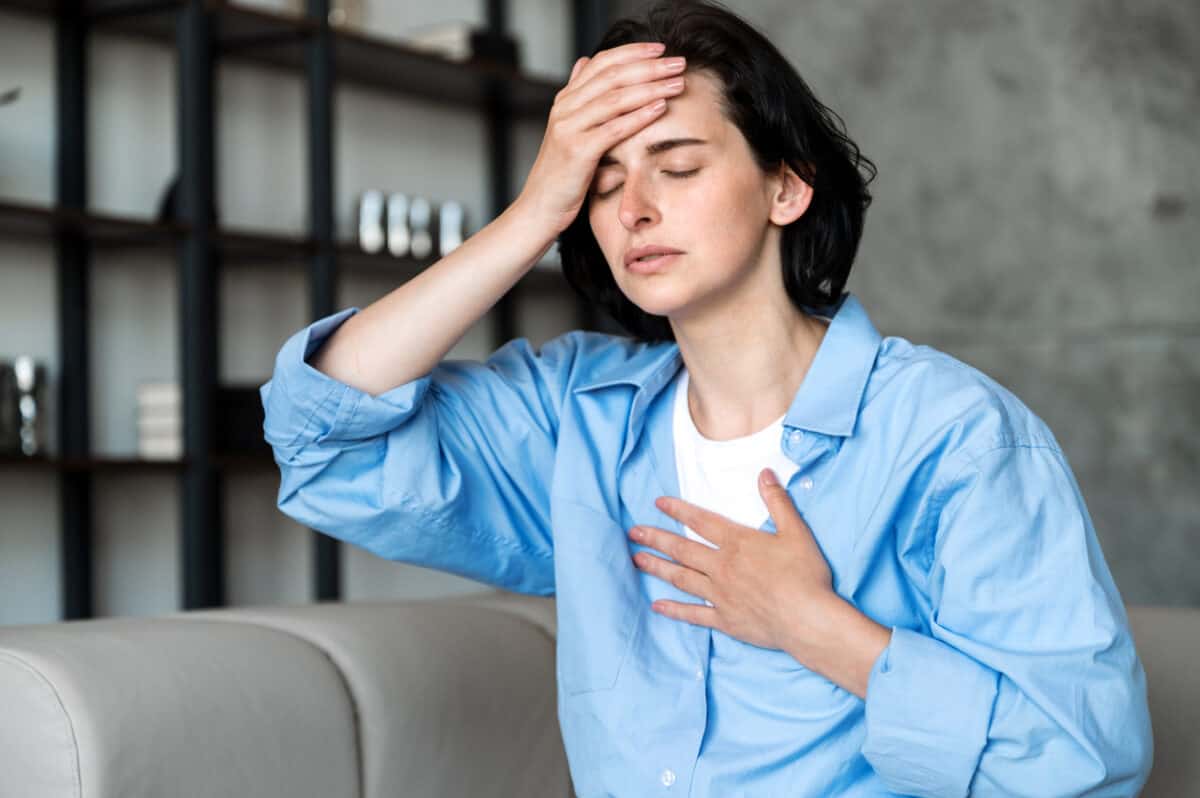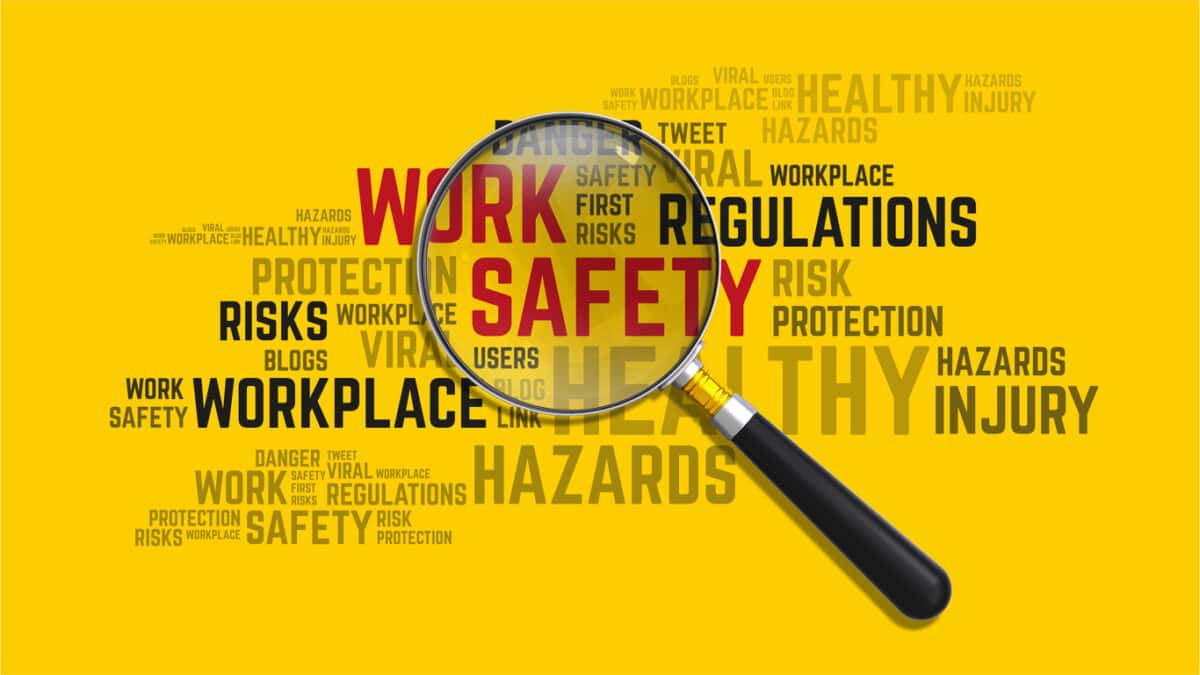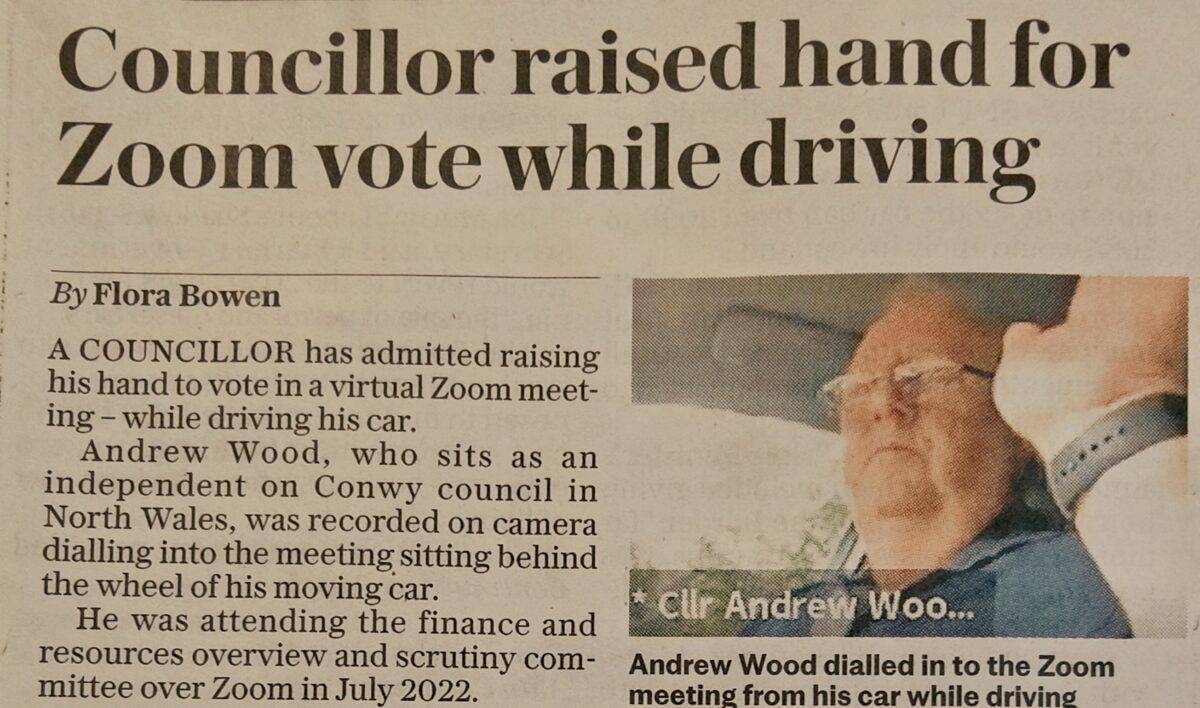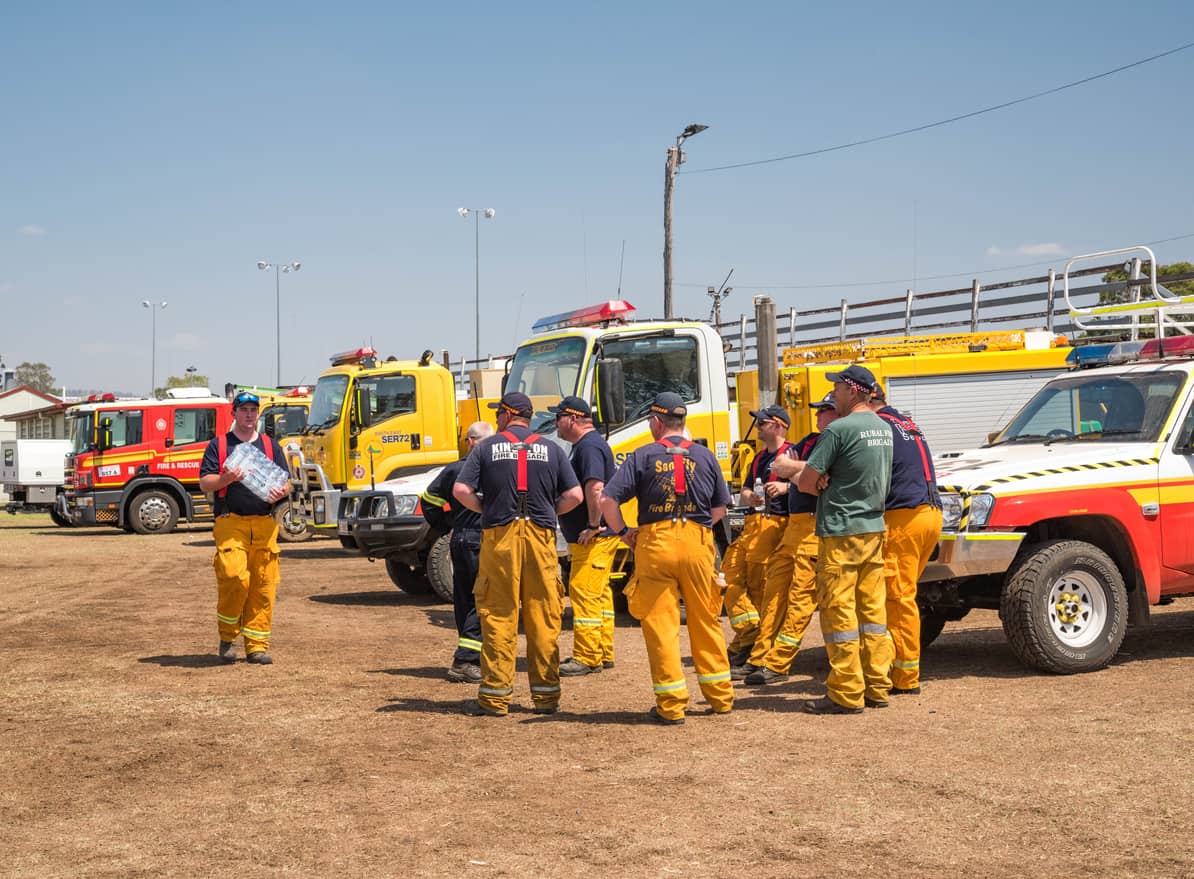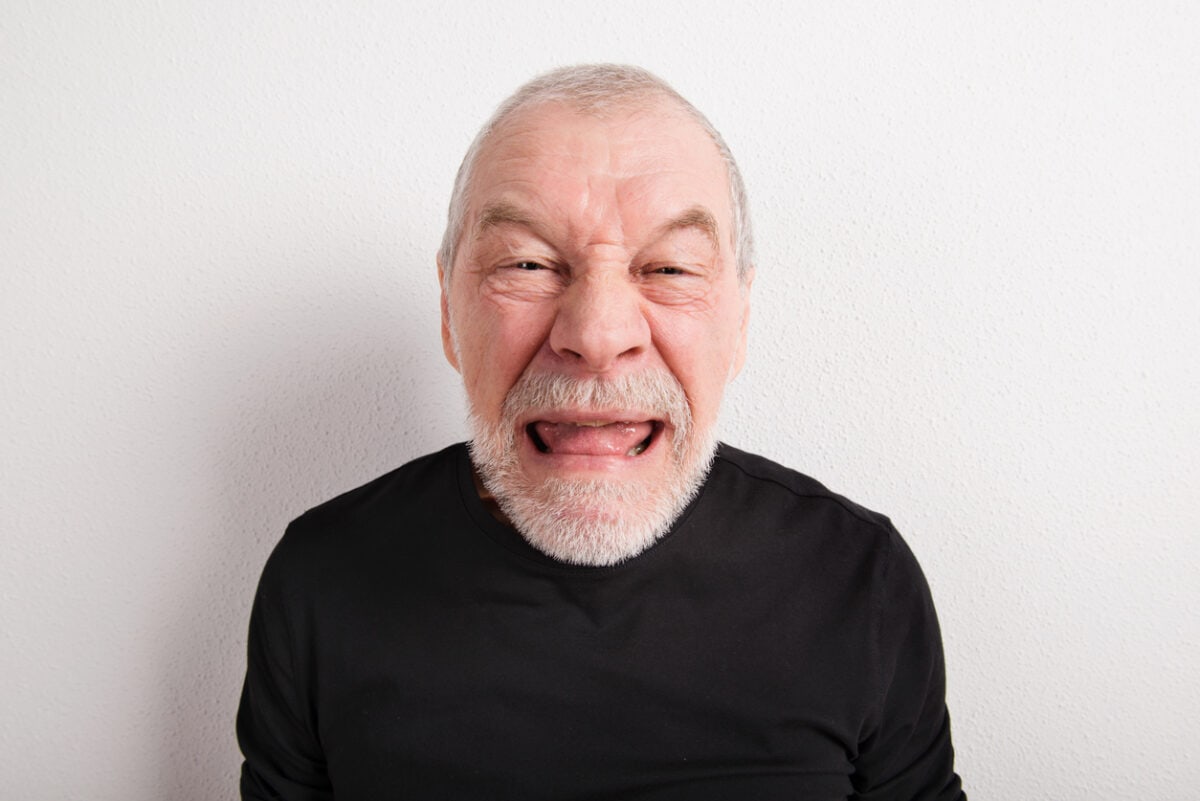[This article discusses suicide]
WorkSafe Victoria has charged a government agency with breaching occupational health and safety (OHS) laws over the suicide of an employee. The UK Health and Safety Executive (HSE) has a different perspective. Several OHS researchers, academics and trade union lobbyists are battling the HSE to become more involved with investigating suicides that have the potential to be related to work. The Australian circumstance is a little different.


